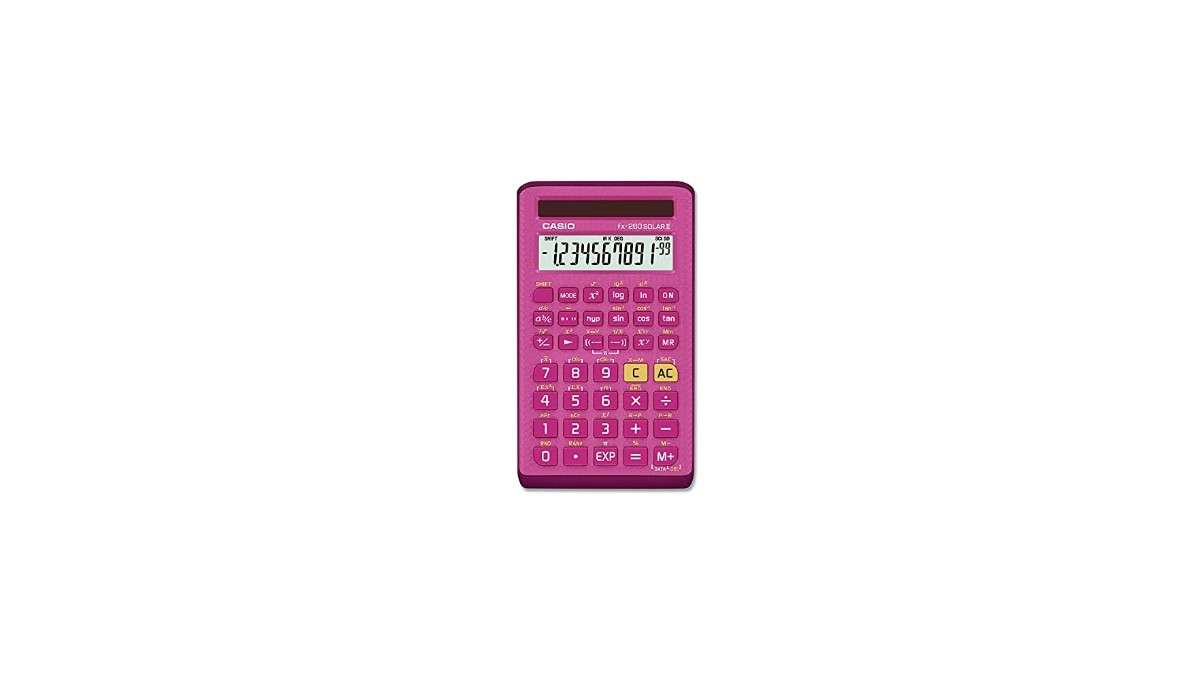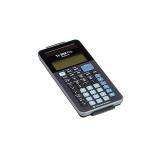A non-programmable scientific calculator is a type of calculator designed for performing various mathematical, and engineering calculations. But it does not have the ability to store and execute user-programmed instructions or functions. These calculators are often used in educational settings and standardized tests. Where programmable calculators not be allowed due to concerns about cheating or unfair advantages.
Key features of a non-programmable scientific calculator include:
- Basic Functions: These calculators typically offer a wide range of basic arithmetic operations, including addition, subtraction, multiplication, and division.
- Scientific Functions: Non-programmable scientific calculators include built-in functions for trigonometry (sine, cosine, tangent), logarithms, exponentiation, and square roots. Other mathematical operations are commonly used in science and engineering.
- Statistical Calculations: They often have statistical functions for calculating mean, standard deviation, regression, and other statistical measures.
- Memory Functions: These calculators usually include a limited number of memory storage locations to temporarily store values during calculations.
- Complex Numbers: Some scientific calculators support calculations involving complex numbers.
- Physical Constants: Certain models might have built-in physical constants that are frequently used in scientific calculations.
- User Interface: These calculators have a keypad with buttons for numerical digits and mathematical operations. The function keys to access various scientific functions.
- Display: Non-programmable calculators typically have a multi-line display that allows you to see both the input and output of your calculations.
- Non-Programmable: As the name suggests, these calculators do not have the ability to store or execute user-created programs. This limitation is often imposed to ensure fairness in testing environments where programmable calculators could potentially be used for cheating.
They are often favored in educational settings where the focus is on understanding mathematical concepts. They are commonly allowed in standardized tests like the SAT, ACT, GRE, and various professional certification exams. Examples of popular non-programmable scientific calculator brands include Casio, Texas Instruments, HP, and Sharp. Always be sure to check the specific model’s features and capabilities before making a purchase.
Last Updated on August 9, 2023


